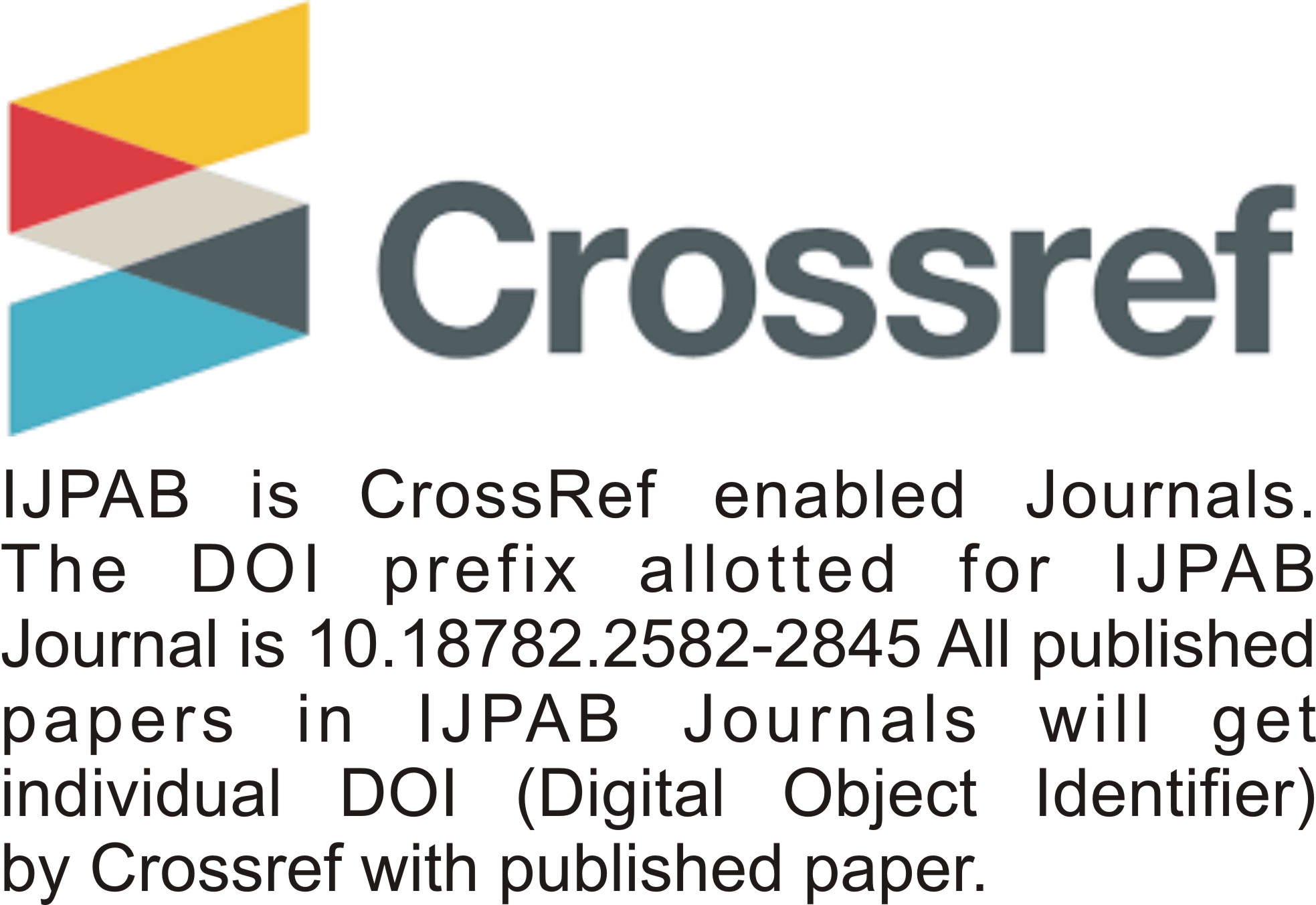
-
No. 772, Basant Vihar, Kota
Rajasthan-324009 India
-
Call Us On
+91 9784677044
-
Mail Us @
editor@ijpab.com
Indian Journal of Pure & Applied Biosciences (IJPAB)
Year : 2020, Volume : 8, Issue : 2
First page : (195) Last page : (200)
Article doi: : http://dx.doi.org/10.18782/2582-2845.7655
Quality of Life in Obese Dogs
Harneet Kour1*, Rajesh Agrawal1, Ravdeep Singh2 ![]() and Nishi Pande3
and Nishi Pande3
1Department of Veterinary Medicine
2Department of Veterinary and Animal Husbandry Extension Education
3Department of Gynecology and obstetrics
Sher-e-Kashmir University of Agricultural Sciences and Technology, R.S. Pura, Jammu, J., & K., India
*Corresponding Author E-mail: kourharneet13@gmail.com
Received: 20.11.2019 | Revised: 28.12.2019 | Accepted: 9.01.2020
ABSTRACT
Obesity in dogs is gaining interest in the research field due to similarities in the detrimental health effects associated with obesity as in humans. Health-related quality of life is compromised in people with heart disease, and many clinical signs of congestive heart failure (CHF) in dogs, such as weakness, dyspnea, anorexia, exercise intolerance, and syncope, arethought to adversely affect health-related quality of life. Such changes in quality of life are important because quality of life can affect survival time. The study was undertaken to determine the quality of life in 35 obese and 35 normal Labrador retriever dogs in relation to cardiac symptoms presented at SKUAST-J in Jammu, J&K through a valiadated functional evaluation of cardiac health (FETCH) questionnaire. The questionnaire was developed by Tufts university on the basis of widely accepted clinical signs of cardiac disease in dogs. A FETCH score was calculated by summing responses to questionnaire items; possible scores ranged from 0 to 85. The common cardiac diseases affecting obese dogs were dilated cardiomyopathy, atrial and ventricular enlargement. The study revealed that Higher FETCH score was observed in obese dogs (11-50) than normal dogs (0-10), hence indicating poor quality of life and cardiac health in obese dogs. Based on fetch questionnaire the severity of clinical signs that are panting, increased heart rate, drowsiness, lethargy, exercise intolerance, limping, syncope, coughing, increase sleeping patterns, isolation, increased appetite, difficulty in climbing stairs, making and recreational past times difficult was more in obese dogs than normal dogs.
Keywords: Obesity, QoL, Dogs, FETCH questionnaire, Signs
Full Text : PDF; Journal doi : http://dx.doi.org/10.18782
Cite this article: Kour, H., Agrawal, R., Singh, R., & Pande, N. (2020). Quality of Life in Obese Dogs, Ind. J. Pure App. Biosci. 8(2), 195-200. doi: http://dx.doi.org/10.18782/2582-2845.7655

